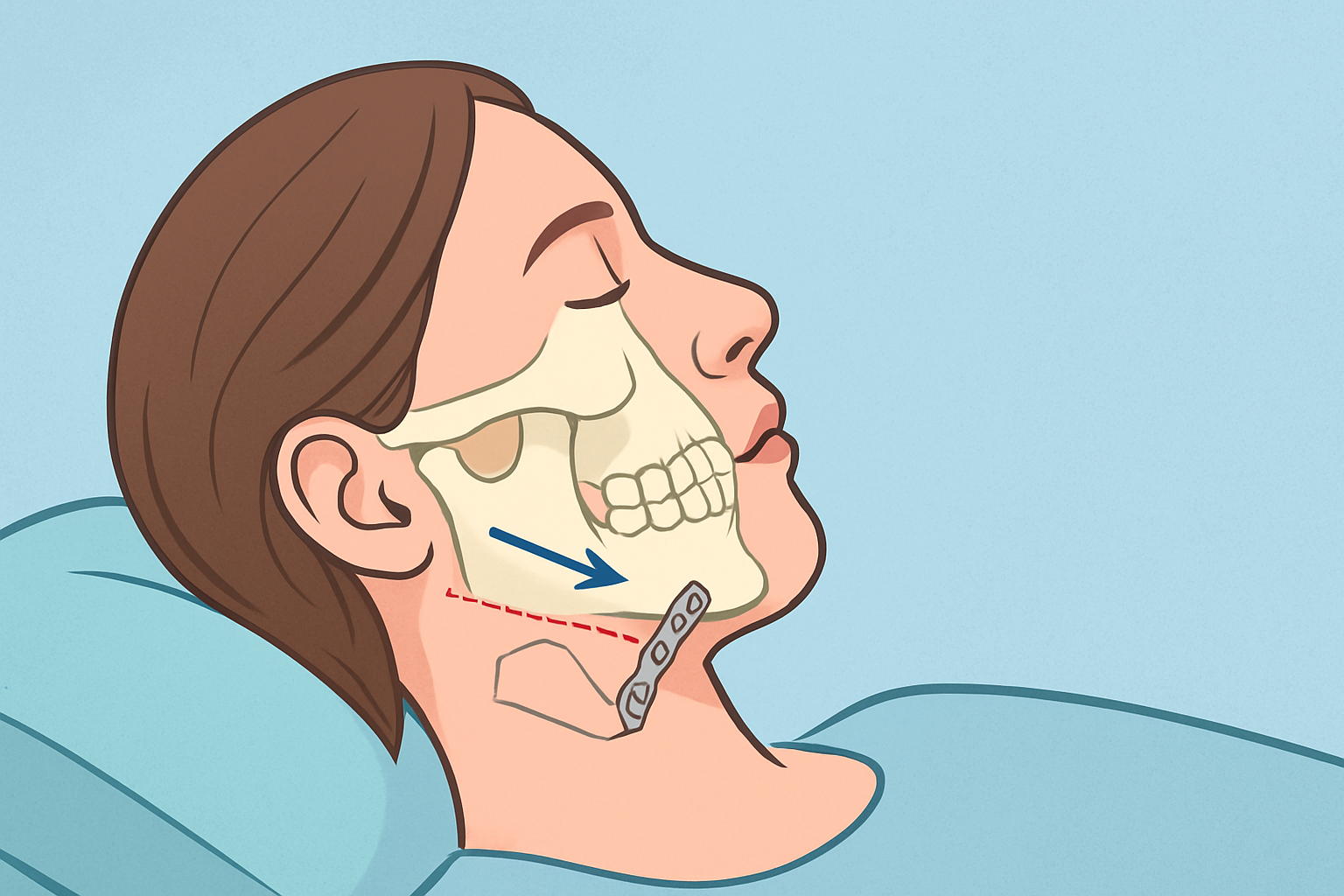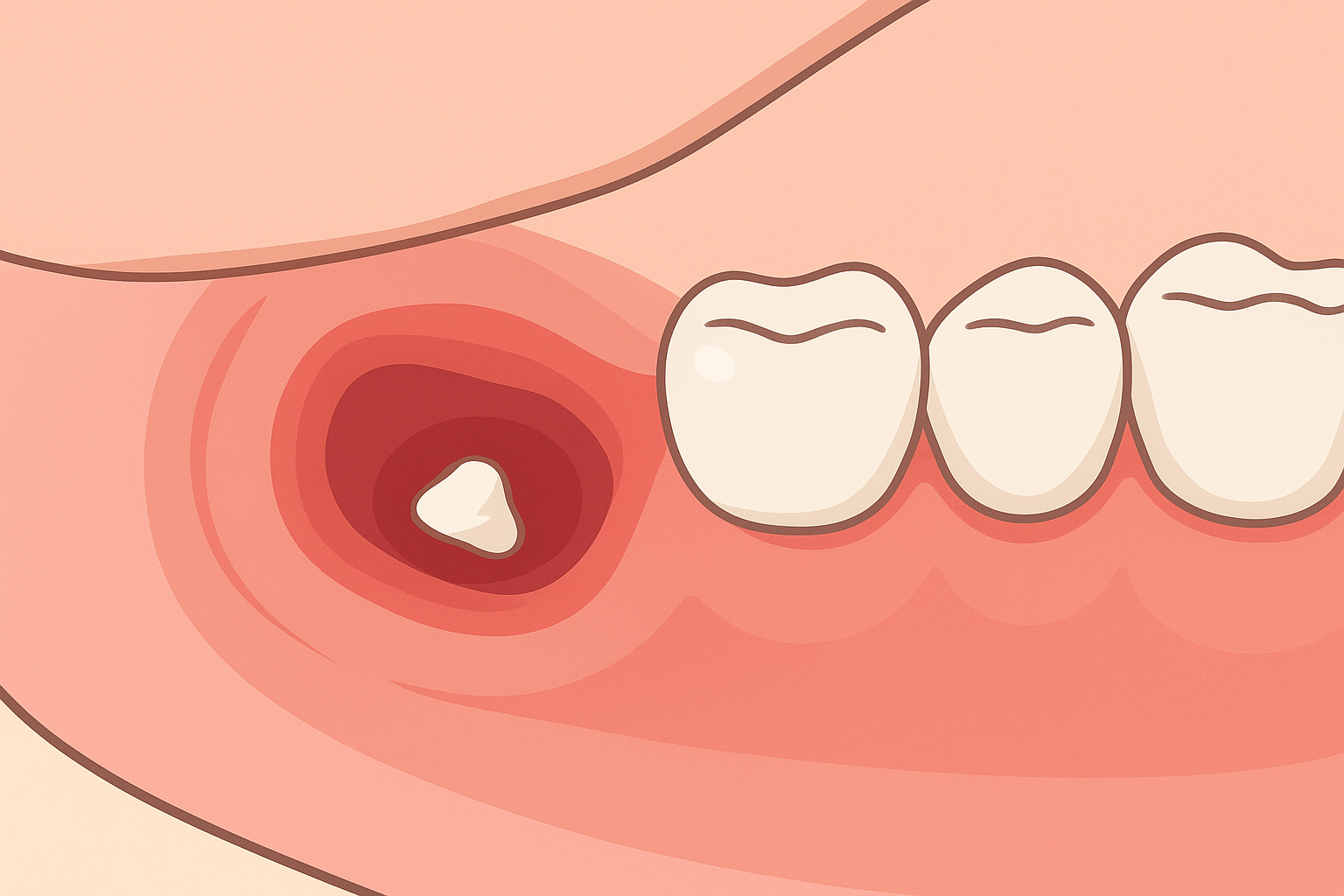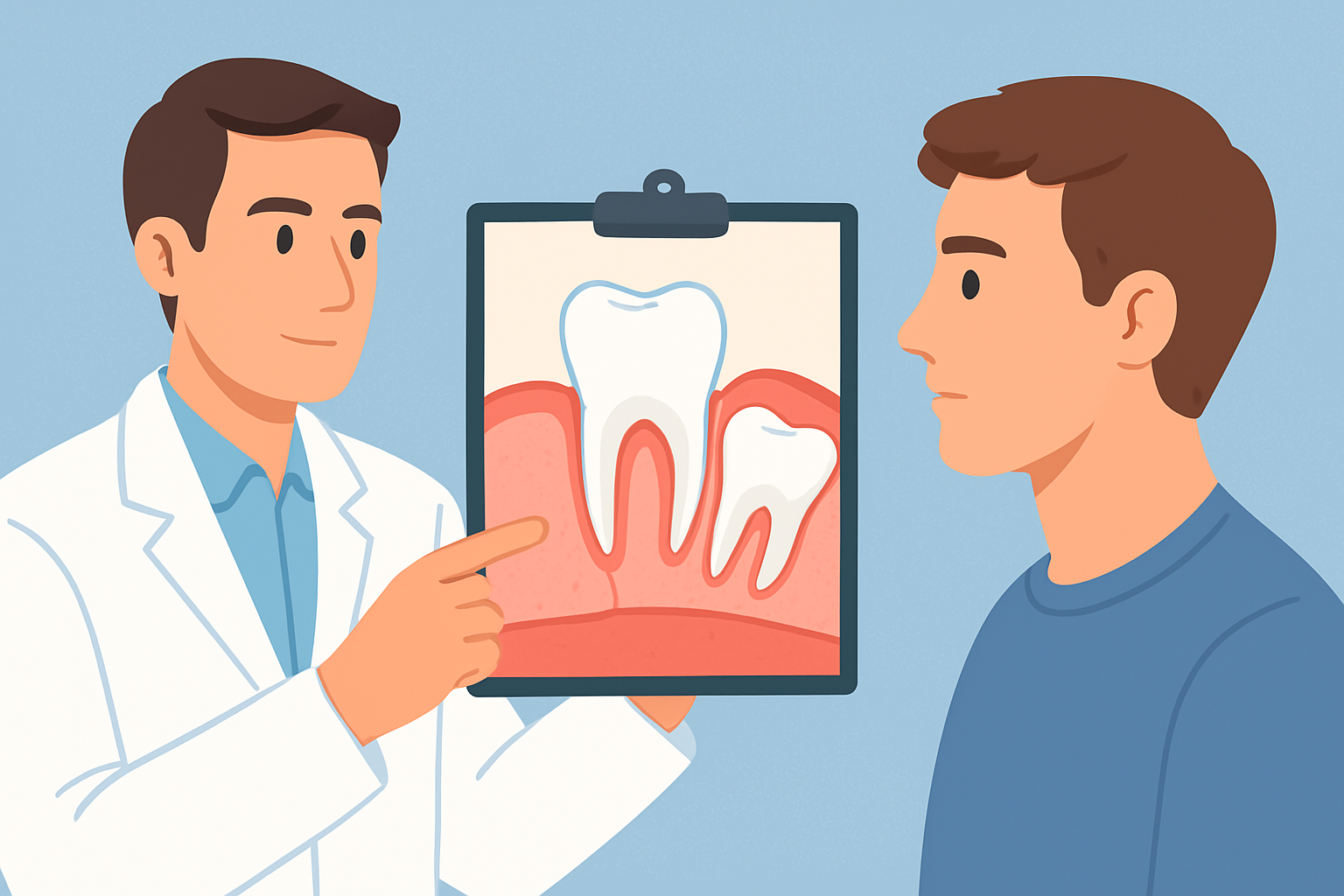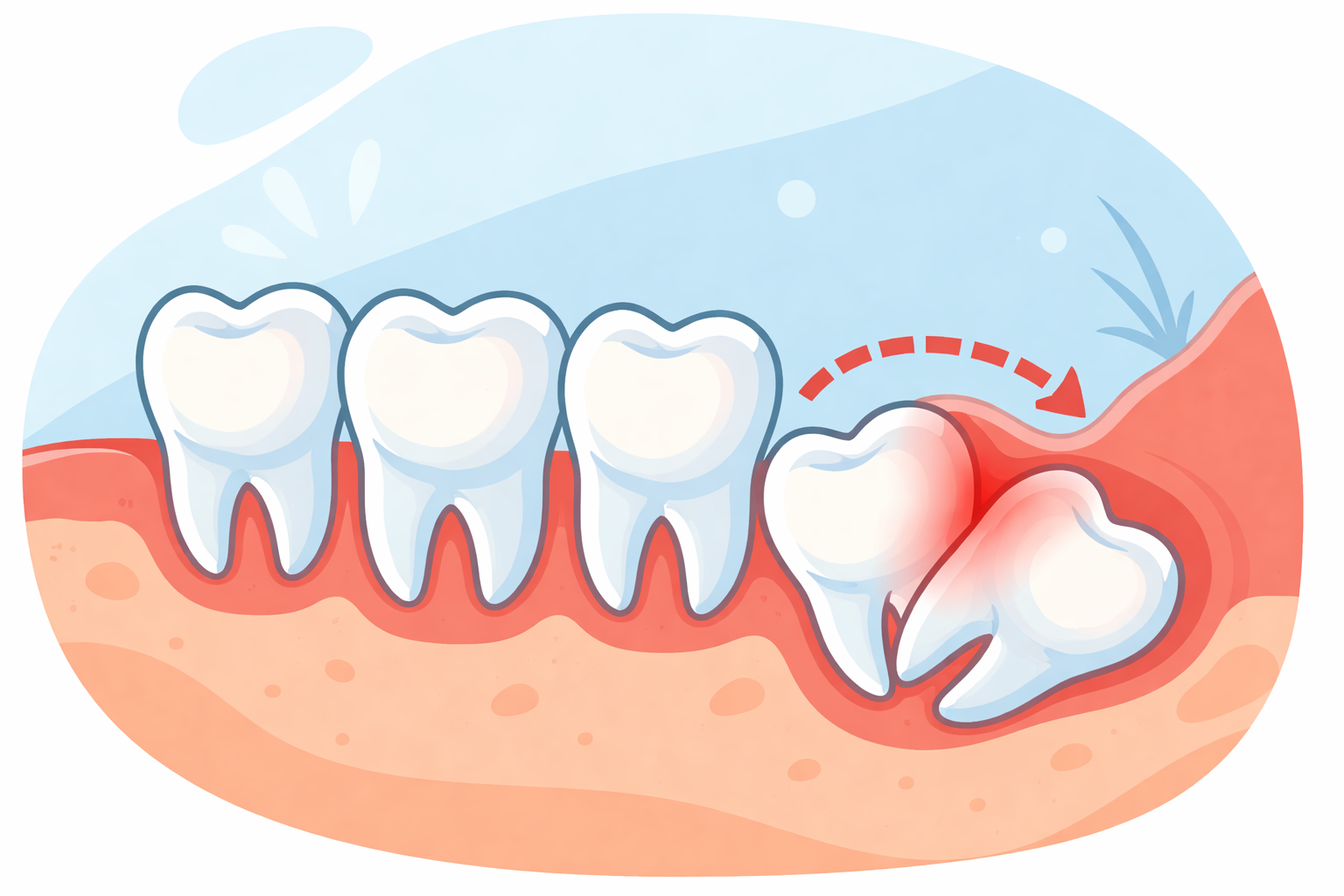Jaw Surgery Risks and Benefits: What You Should Know Before Going Under

Jaw surgery, also known as orthognathic surgery, is a life-changing procedure for individuals struggling with severe bite problems, facial asymmetry, or jaw pain. While it promises functional and cosmetic improvements, it is also a major surgical procedure that comes with both risks and rewards. Understanding the potential benefits and complications is essential before making a decision.
In this guide, we break down what jaw surgery entails, its advantages, potential risks, and how to prepare for a smooth recovery. We’ll also touch on related dental procedures to give you a full picture of what to expect.
What Is Jaw Surgery?
Jaw surgery is a procedure designed to correct irregularities of the jaw bones and realign the teeth and jaw to improve both appearance and function. Unlike cosmetic procedures, jaw surgery addresses medical issues including difficulty chewing, speaking problems, chronic jaw pain, and even sleep apnea.
Oral and maxillofacial surgeons perform these surgeries. Depending on the condition, surgery may involve moving the upper jaw (maxilla), lower jaw (mandible), or both. Patients sometimes combine jaw surgery with dental implants to restore full functionality and aesthetics.
Benefits of Jaw Surgery
Jaw surgery provides both functional and cosmetic benefits. Here’s a closer look at what patients can expect:
1. Improved Bite and Chewing Function
Misaligned jaws can make chewing difficult and lead to digestive issues. Correcting jaw alignment ensures a proper bite, which improves chewing efficiency and overall oral health.
2. Enhanced Facial Appearance
Jaw surgery can dramatically improve facial symmetry. For individuals with underbites, overbites, or jaw asymmetry, the procedure can create a more balanced and harmonious facial profile.
3. Relief From Chronic Pain
Temporomandibular joint (TMJ) disorders can cause severe jaw pain and headaches. Realigning the jaw through surgery often reduces strain on the joints and alleviates chronic discomfort.
4. Better Speech
Jaw misalignment can affect speech patterns, making certain sounds difficult to pronounce. Surgery may improve clarity and confidence when speaking.
5. Sleep Apnea Treatment
For patients with obstructive sleep apnea caused by jaw structure, orthognathic surgery repositions the jaw to open airways, improving breathing during sleep.
Potential Risks of Jaw Surgery
While jaw surgery offers many benefits, it’s essential to understand the potential risks:
1. Infection
As with any surgery, infection is possible. Surgeons take strict precautions, and antibiotics are usually prescribed to reduce this risk.
2. Nerve Damage
Some patients experience temporary or, rarely, permanent numbness in the lower lip, chin, or tongue due to nerve involvement during surgery.
3. Bleeding and Swelling
Post-surgical swelling and bruising are common, usually peaking within the first few days and gradually subsiding over weeks.
4. Jaw Relapse
In rare cases, the jaw may shift slightly over time, affecting bite alignment. Orthodontic follow-ups are critical to ensure proper healing.
5. Pain and Discomfort
Pain management is an important part of recovery. Most discomfort can be controlled with medication, but patients should expect some soreness for several weeks.
6. Prolonged Recovery
Jaw surgery requires a significant healing period. Patients may need to follow a soft-food diet for weeks and attend multiple post-operative appointments.
Preparing for Jaw Surgery
Preparation is key to minimizing risks and optimizing outcomes. Here’s what you should do:
- Consultation With Your Surgeon
Discuss your goals, medical history, and any concerns. This is also the time to consider scheduling a dental implant consultation if tooth replacement is part of your treatment plan. - Pre-Surgical Orthodontics
Many patients undergo orthodontic treatment to align teeth before surgery, ensuring the best results for bite correction. - Health Optimization
Maintain good oral hygiene and follow any pre-surgical instructions to reduce infection risks. - Financial Planning
Jaw surgery is a major procedure. Understanding costs and insurance coverage, including dental implants coverage, can help avoid unexpected expenses.
Recovery and Aftercare
Post-surgery care is critical for proper healing:
- Diet: Stick to soft foods or liquid diets initially, gradually progressing to normal foods.
- Oral Hygiene: Rinse with prescribed solutions to prevent infection.
- Follow-Up Appointments: Regular check-ins with your surgeon and orthodontist monitor healing and prevent complications.
- Physical Care: Avoid strenuous activity and follow pain management instructions.
Recovery varies by patient and complexity of surgery but generally takes several weeks to months for full functional results.
Is Jaw Surgery Right for You?
Jaw surgery is not for everyone. Candidates typically have:
- Significant bite misalignment
- Jaw pain or TMJ disorders
- Sleep apnea caused by jaw structure
- Facial asymmetry affecting function or confidence
A consultation with a qualified oral and maxillofacial surgeon can help determine if jaw surgery is the best solution. Combining the surgery with other dental procedures, such as wisdom teeth removal or dental implants, provides comprehensive care and long-term results.
Conclusion
Jaw surgery can profoundly improve both the function and aesthetics of your face, offering relief from pain, better chewing, improved speech, and increased confidence. However, it’s essential to weigh the benefits against potential risks and invest time in preparation, recovery, and follow-up care.
Understanding the procedure, consulting with a skilled surgeon, and exploring complementary dental treatments ensures the best outcomes and a smoother recovery. If you’re considering jaw surgery, approach it with a clear understanding of what’s involved, and take steps to optimize your results.

Questions to Ask Before Wisdom Tooth Extraction
December 23, 2025

Can Wisdom Teeth Grow Back After Removal?
December 9, 2025

What’s the Best Age to Remove Wisdom Teeth?
November 28, 2025

Can You Smoke or Vape After Wisdom Tooth Removal?
December 1, 2025

Do Wisdom Teeth Cause Crooked Teeth?
January 5, 2026